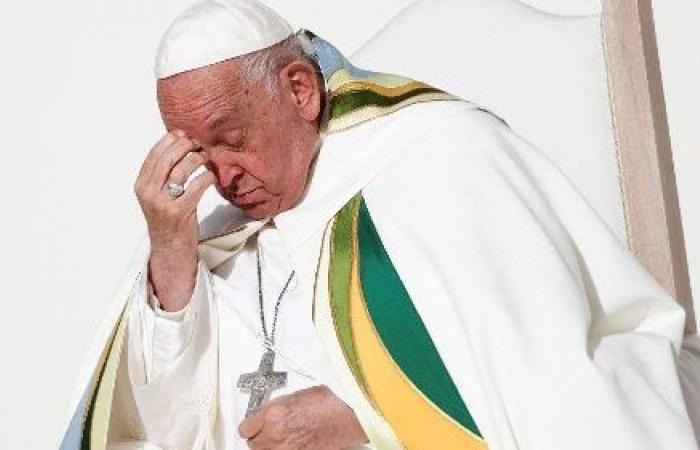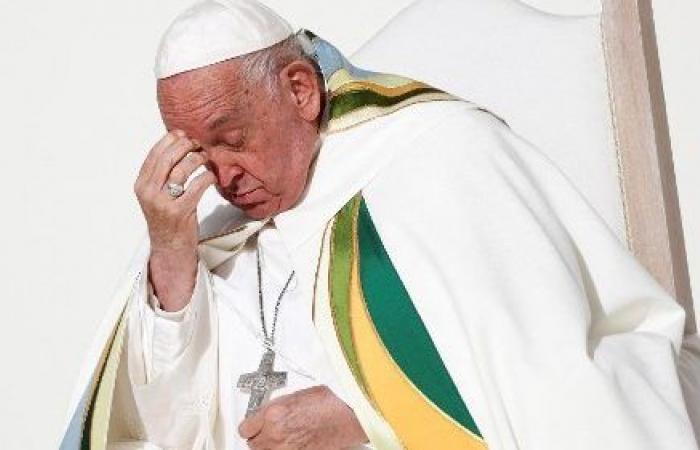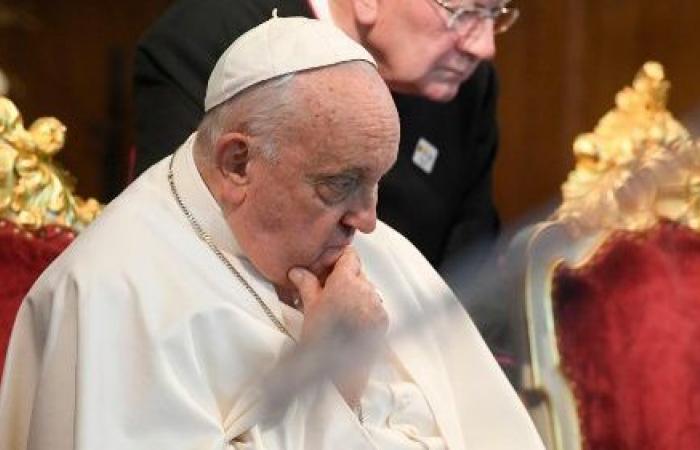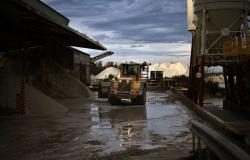Remember the words of Francis in Belgium.
Andrea Tornielli – Vatican City
During his travels, Pope Francis allows himself to be challenged and hurt by the reality he encounters: not everything can be prepared in advance. This was the case for his trip to Luxembourg and Belgium which ended on Sunday September 29. Faced with the King of the Belgians and the Prime Minister who, in different tones, raised the drama of abuse of minors which weighed and weighs on the life of the Church in the country and on its hierarchies, the Bishop of Rome said clearly that one case of a child abused by clergy is one case too many. By tearing his gaze away from the prepared text, he mentioned the “Saints Innocents», the victims of King Herod, to talk about what is still happening today. It was not the first time that the Pope had made this comparison: in February 2019, in concluding the summit on abuse that he had convened at the Vatican, he had cited Herod and the massacre of children, and had added, with improvised words, that behind the abuse of minors “lies Satan».
During the homily at the Mass celebrated at the King Baudouin stadium, Francis wanted to add clear and strong paragraphs, and he did so after being deeply touched by the meeting with victims of abuse two days earlier, a meeting dramatic and moving which lasted more than two hours at the apostolic nunciature in Brussels. The Pope has returnedwith heart and mind» about their stories and their suffering, to remind us that there is no place for abuse or the covering up of abuse in the Church. He declared that evilshould not be hidden» but that it must be revealed in the open with courage and that the abuser must be judged, whether he is “layman, priest, or bishop».
There is another important aspect to focus on in Francis’ words. Both at the Belgian royal palace and during the traditional press conference on the return flight, the Pope cited statistics showing that most abuse takes place in the family, at school or in the world of sport. Then again, it wasn’t the first time he’d done it. But this time, with unprecedented clarity, he wanted to remove any alibi for the self-serving use of these figures by those who would like to defend themselves by emphasizing the responsibility of others and minimizing them. It is true that the Church has, over the last 25 years, taken a path that has led to very harsh emergency laws against this phenomenon. However, it is also true that abuse in the Church is a terrible thing, which always begins with the abuse of power and the manipulation of the defenseless. This is the case with families who had entrusted their children to the Church so that they could be educated in the faith, believing them to be safe, they saw them return mortally bruised in their body and in their spirit. This is why there can be no instrumentalization of statistics, almost seeking to minimize something that cannot and should in no way be minimized, but fought and eradicated with all possible determination. Because it is a crime whichkills the soul», as Mgr Charles Scicluna said.
This is why the Successor of Peter, who in the wake of his two predecessors promulgated numerous very severe laws to stem the phenomenon, said that a single case of abuse of minors in the Church is one case too many. . And he indicated to the whole Church that the most appropriate attitude is to be ashamed, to have humility and to ask for forgiveness. It was the same penitential attitude proposed by Benedict XVI – who was misunderstood – when he affirmed that the greatest enemy of the Church is not external, but is on the contrary internal sin. Humility and asking for forgiveness are two profoundly Christian attitudes: they remind us that the ecclesiastical community is made up of forgiven sinners and that abuse within it is an injury that concerns us all.
*Editorial Director of Vatican Media









